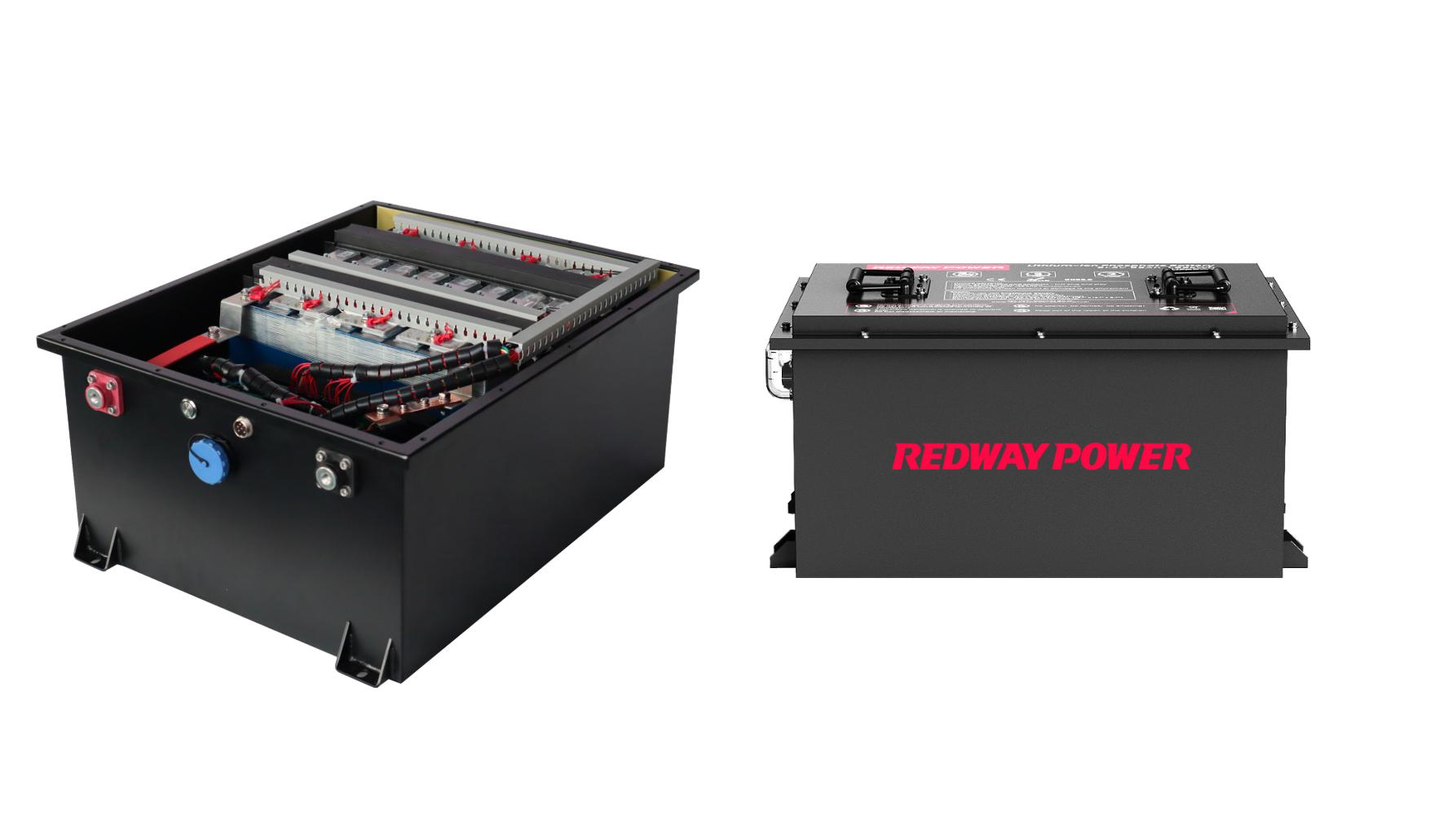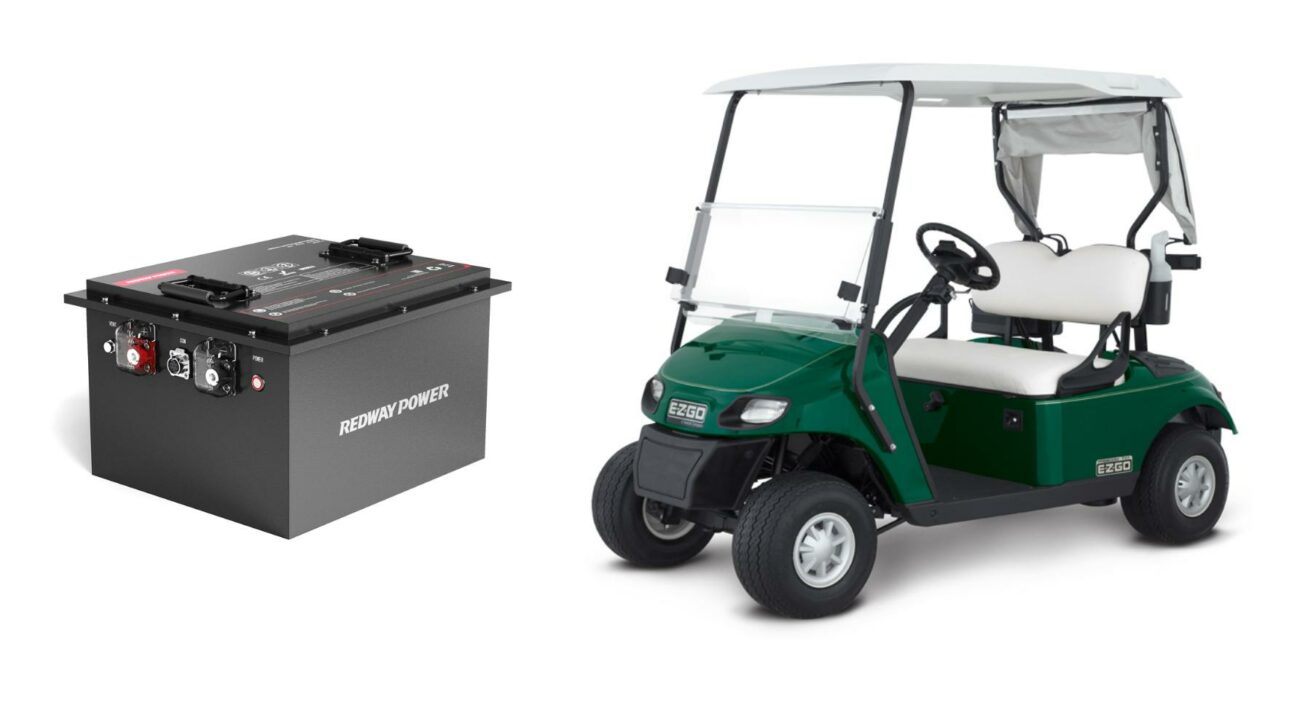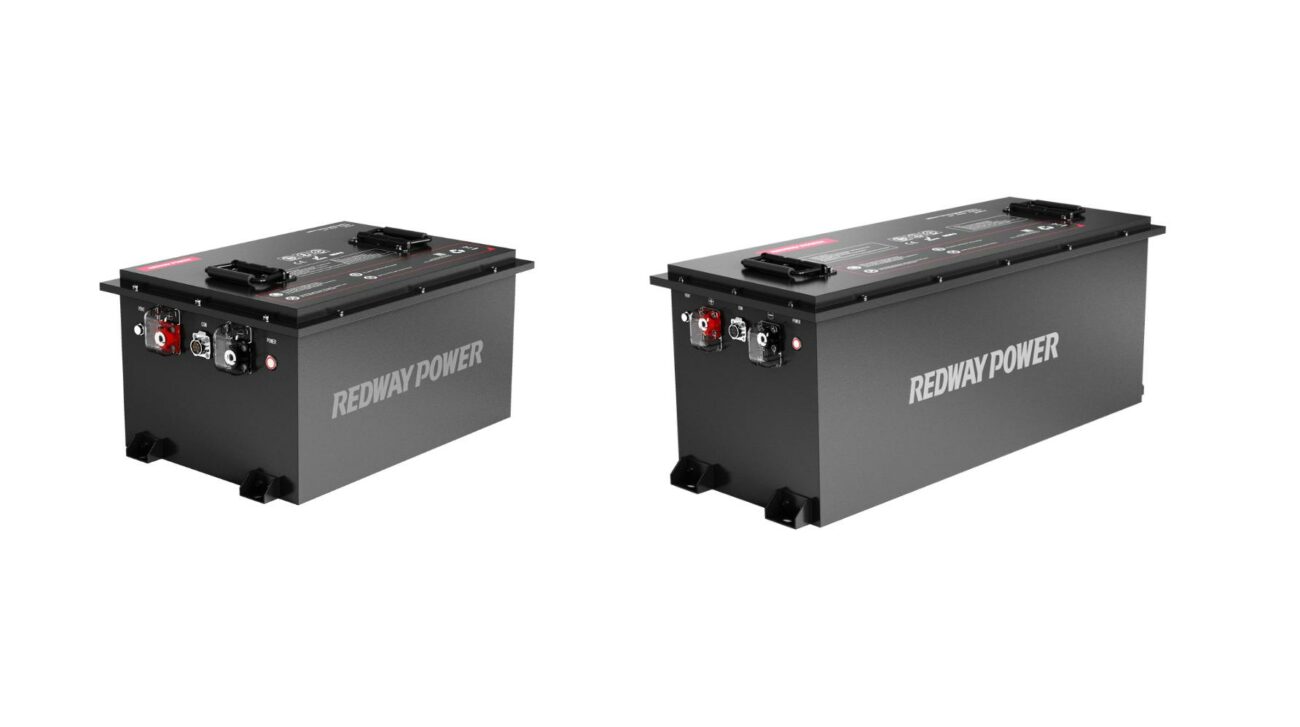Lithium-ion battery wholesale offers cost-effective, scalable energy solutions for industries requiring reliable power storage. These batteries dominate markets due to their high energy density, longer lifespan, and adaptability across sectors like renewable energy, EVs, and consumer electronics. Bulk purchasing reduces unit costs by 30-50% while ensuring consistent quality and compliance with international safety standards.
48V 200Ah LiFePO4 Golf Cart Battery (Long Size)
How Do Lithium-ion Batteries Work in Commercial Applications?
Lithium-ion batteries operate through electrochemical reactions between cathodes (typically lithium cobalt oxide) and anodes (graphite). During discharge, lithium ions move from anode to cathode via electrolytes, generating electricity. This reversible process supports 500-1,500 charge cycles, making them ideal for UPS systems, solar storage, and industrial machinery requiring stable voltage outputs.
What Are the Key Advantages of Bulk Lithium-ion Battery Purchases?
Wholesale procurement provides 40-60% cost reductions through volume discounts, eliminates middlemen markups, and guarantees batch consistency for large projects. Additional benefits include customized BMS configurations, extended warranty options (up to 10 years), and streamlined logistics for multi-pallet shipments. Suppliers often offer MOQs as low as 100 units for SMEs.
For enterprises requiring specialized configurations, bulk orders enable tailored solutions like custom voltage stacks or temperature-resistant cells. Major wholesalers now utilize predictive analytics to optimize inventory turnover, reducing lead times by 25% compared to 2020 benchmarks. A recent case study showed automotive manufacturers achieving 18% faster production cycles through just-in-time battery deliveries coordinated with assembly line schedules.
| Order Size | Price Per Unit | Lead Time |
|---|---|---|
| 100-500 units | $18.50 | 4 weeks |
| 501-2000 units | $15.75 | 6 weeks |
| 2001+ units | $12.90 | 8 weeks |
Which Industries Benefit Most from Lithium-ion Battery Wholesale?
Top sectors include (1) Electric Vehicles (EV batteries account for 60% of wholesale demand), (2) Telecom (backup power systems), (3) Renewable Energy (grid storage), and (4) Medical Devices (portable equipment). Emerging markets like drone logistics and marine energy storage show 22% annual growth in battery procurement contracts.
How to Evaluate Lithium-ion Battery Wholesale Suppliers?
Critical evaluation criteria: UL/IEC 62133 certification, cycle life test reports, ISO 9001 compliance, and thermal runaway prevention mechanisms. Prioritize suppliers offering third-party performance audits, 24/7 technical support, and flexible INCOTERMS (FOB, EXW, DDP). Avoid vendors lacking MSDS documentation or with >0.5% annual defect rates.
Advanced suppliers now implement blockchain-based quality tracking, allowing buyers to verify cell origins and test results in real time. Leading manufacturers have adopted AI-driven capacity matching systems that ensure less than 1.5% variance between cells within the same batch. This technological edge directly translates to 15-20% longer pack lifetimes in field applications.
What Safety Protocols Govern Lithium-ion Battery Wholesale Shipping?
UN38.3 certification is mandatory for air/sea transport, ensuring stability under pressure/temperature fluctuations. Batteries must be shipped at 30-50% charge state in fire-resistant packaging with Class 9 hazard labels. Reputable wholesalers provide DGSA-certified logistics partners and real-time cargo tracking to mitigate risks of thermal incidents during transit.
“The lithium-ion wholesale market is pivoting toward LFP (Lithium Iron Phosphate) chemistries due to cobalt supply chain ethics and thermal safety mandates. By 2025, we expect 80% of industrial orders to specify UL 1973-certified stationary storage systems with modular designs for easy capacity scaling.”
– Redway Power Solutions, Global Procurement Director
FAQs
- Q: How long do wholesale lithium batteries typically last?
- A: 2,000-6,000 cycles at 80% DoD, varying by chemistry (NMC vs LFP) and operating temperatures.
- Q: Can I mix different battery batches in a system?
- A: Not recommended – impedance variances over 5% may cause unbalanced charging and reduced lifespan.
- Q: What’s the lead time for 10,000+ unit orders?
- A: 8-12 weeks standard; expedited production available at 15-20% premium for 4-week delivery.
Know more:
How to Choose the Best Battery Supplier Distributors for Your Needs
What Are the Leading Industrial Battery Manufacturers and Their Innovations?
Why Choose Lithium-ion Battery Wholesale for Your Business Needs
How to Choose Reliable Rechargeable Battery Suppliers?
How to Choose the Best Custom Battery Pack Manufacturer?
What Are the Key Considerations in Bulk Battery Production








